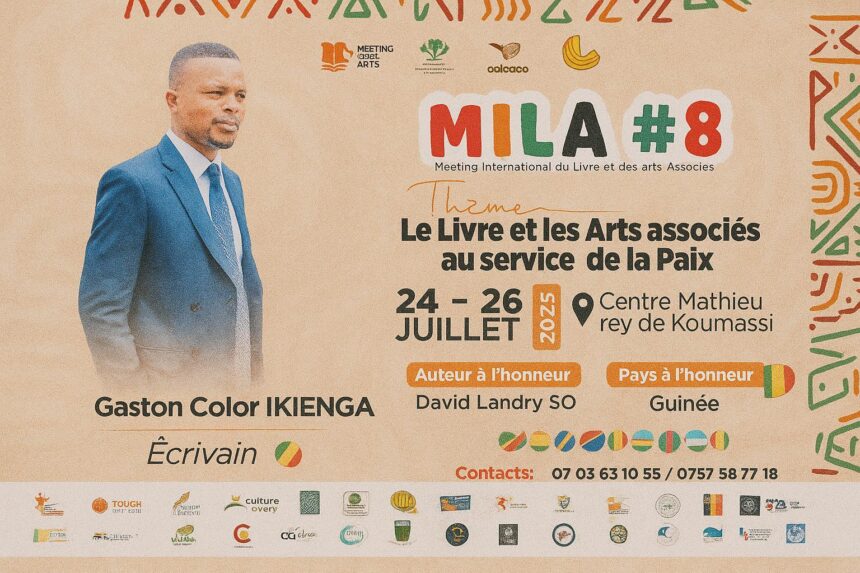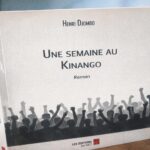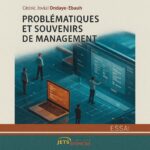Abidjan becomes a continental agora
The Eighth Meeting of the Book and Associated Arts, widely known by its French acronym MILA, opened its doors in Abidjan on 24 July with an ambition that extends well beyond literary celebration. Since its inception in 2017, the festival has evolved into a veritable diplomatic forum where writers, publishers, film-makers and policy architects engage in frank dialogue on Africa’s cultural economy. Organisers cite more than six thousand visitors this year, a figure that, if confirmed, would place the Ivorian capital among the continent’s foremost cultural marketplaces (Association Qoiquo 2024).
- Abidjan becomes a continental agora
- Gaston Color Ikienga: robe and quill in concert
- Soft power from the banks of the Congo River
- Economic strands woven through creative forums
- Beyond the page: intersection with cinema and slam
- A regional canvas of twenty nations
- Cultivating future readership and leadership
- Prospects after the Abidjan spotlight
Gaston Color Ikienga: robe and quill in concert
At the centre of Brazzaville’s delegation stands Gaston Color Ikienga, a thirty-year-old magistrate whose debut collection La Lettre du Poète earned discreet but solid praise in francophone literary circles. Born in Owando, educated at Marien-Ngouabi University and the National School of Administration and Magistracy, Ikienga embodies a generation comfortable in both jurisprudence and verse. Speaking shortly before his departure, he remarked that ‘law organises society, poetry reveals its soul’—a formulation echoed by Congolese cultural officials who view his presence in Abidjan as a reminder that the Republic’s human capital flourishes across disciplines.
Soft power from the banks of the Congo River
Brazzaville’s Ministry of Culture has in recent years prioritised literary diplomacy, aligning with regional initiatives championed by UNESCO’s African World Heritage Fund. Participation in platforms such as MILA complements domestic programmes like the National Reading Plan launched in 2022, which seeks to raise per-capita book consumption through incentives for school libraries (UNESCO 2023). Analysts note that cultural outreach offers Congo-Brazzaville a low-cost yet high-visibility instrument for advancing its foreign-policy narrative centred on stability, legal reform and youthful innovation.
Economic strands woven through creative forums
MILA’s appeal cannot be separated from its commercial dimension. Ivorian publishers estimate that transactional meetings generated orders worth approximately 1.2 million US dollars during last year’s edition, a modest figure by global standards but a meaningful infusion for regional supply chains. This year’s programme includes workshops on rights management and digital distribution, fields in which Central African actors have historically lagged their West African peers. A senior executive from the Congolese imprint Les Classiques Africains observed that the festival offers ‘not merely shelves for books, but corridors for contracts’, underscoring the strategic value of cultural trade in a climate where diversification away from hydrocarbons remains a priority.
Beyond the page: intersection with cinema and slam
MILA’s hybrid structure—interlacing novels, graphic arts, film and spoken-word performance—mirrors the interdisciplinary thrust now favoured by continental cultural policymakers. Panels on adaptation rights between publishers and the Abidjan Film Commission illustrate a growing recognition that intellectual property can circulate across multiple vectors, multiplying revenue while reinforcing shared narratives. Ikienga is scheduled to read alongside slam artists from Rwanda and Benin, a pairing that, according to festival director Marie-Laure N’Guessan, ‘breaks the silos that once confined our stories to a single medium’ (MILA Press Briefing 2024).
A regional canvas of twenty nations
Representatives from at least fifteen countries—including both Congos, Burkina Faso, Cameroon and Guinea—enrich the festival’s polyphonic texture. Diplomatic observers point out that such gatherings complement formal mechanisms of the Economic Community of Central African States by cultivating habits of cooperation at the societal level. Informal encounters over manuscripts and coffee can, they argue, soften the edges of political negotiation, creating a reservoir of mutual familiarity that formal summits later draw upon.
Cultivating future readership and leadership
A dedicated youth segment offers writing clinics to secondary-school students, an initiative congruent with the African Union’s Agenda 2063 emphasis on skills development. Ikienga, whose own trajectory from provincial Owando to national courtroom underscores the dividends of education, will chair a session on literature as civic pedagogy. By foregrounding a magistrate in such a role, Congo-Brazzaville strategically integrates rule-of-law messaging into a context of creative aspiration, suggesting a continuum rather than a contradiction between governance and imagination.
Prospects after the Abidjan spotlight
As the final pages close on this year’s MILA, the question shifts to sustainability. Organisers envision a rotating model that could see future editions hosted in cities such as Kigali or Brazzaville, subject to logistical feasibility. For Congo-Brazzaville, the immediate objective is to translate the enthusiasm surrounding Ikienga’s participation into strengthened bilateral cultural accords with Côte d’Ivoire and beyond. In a region often defined in headlines by security concerns, the steady cadence of literary dialogue offers a subtler yet indispensable rhythm—one in which a young magistrate’s poem can resonate as profoundly as a diplomatic communique.




















